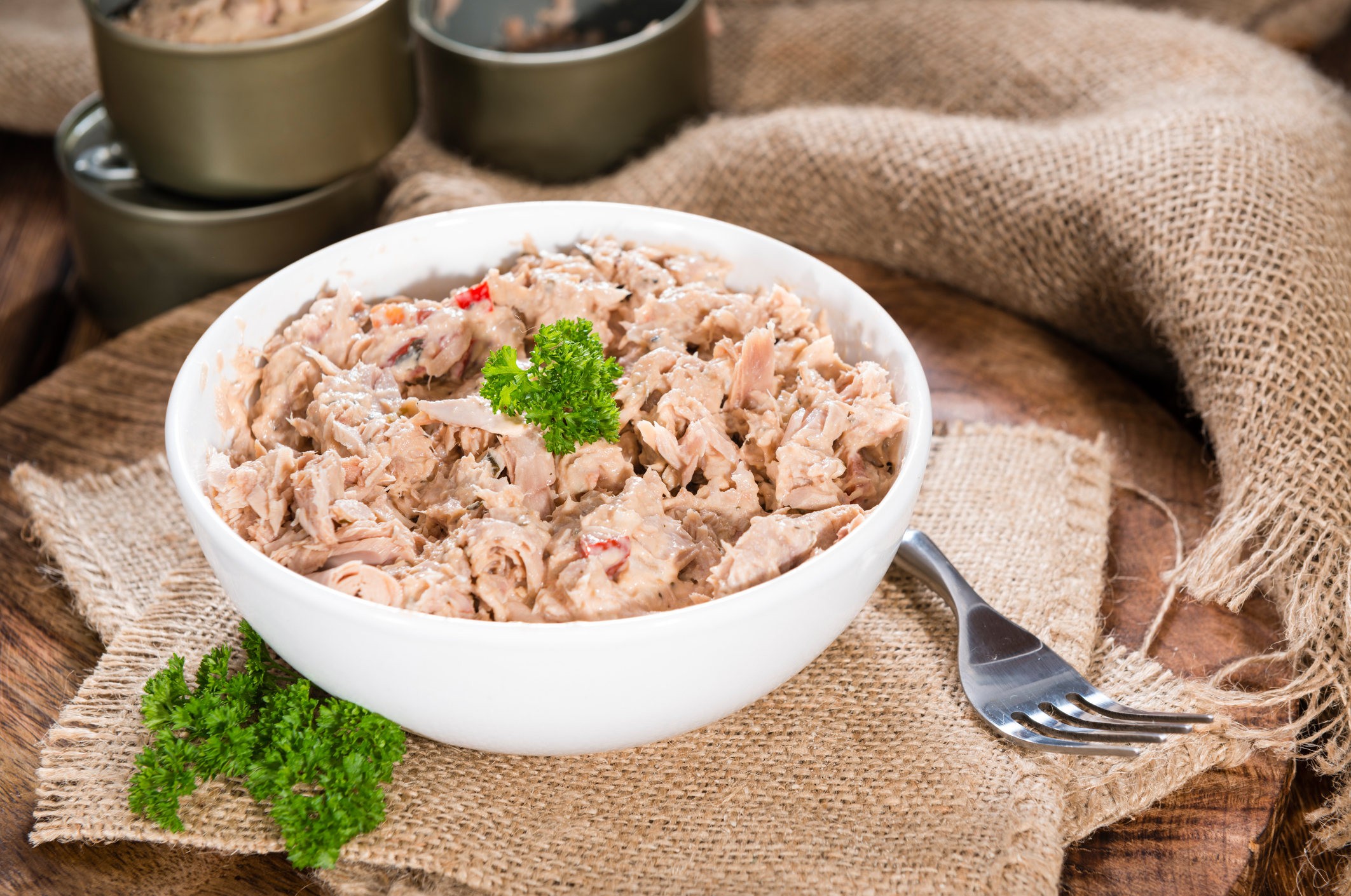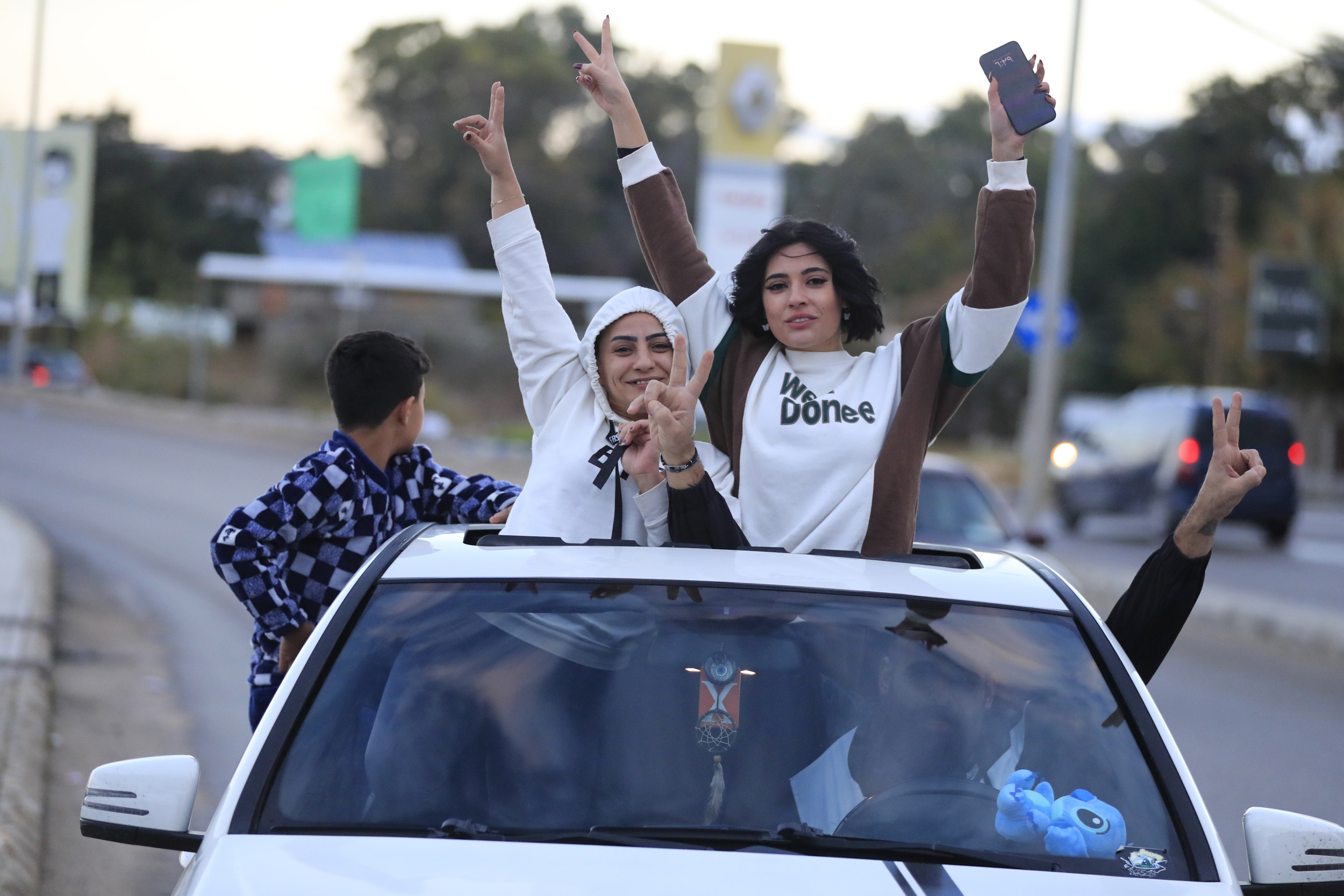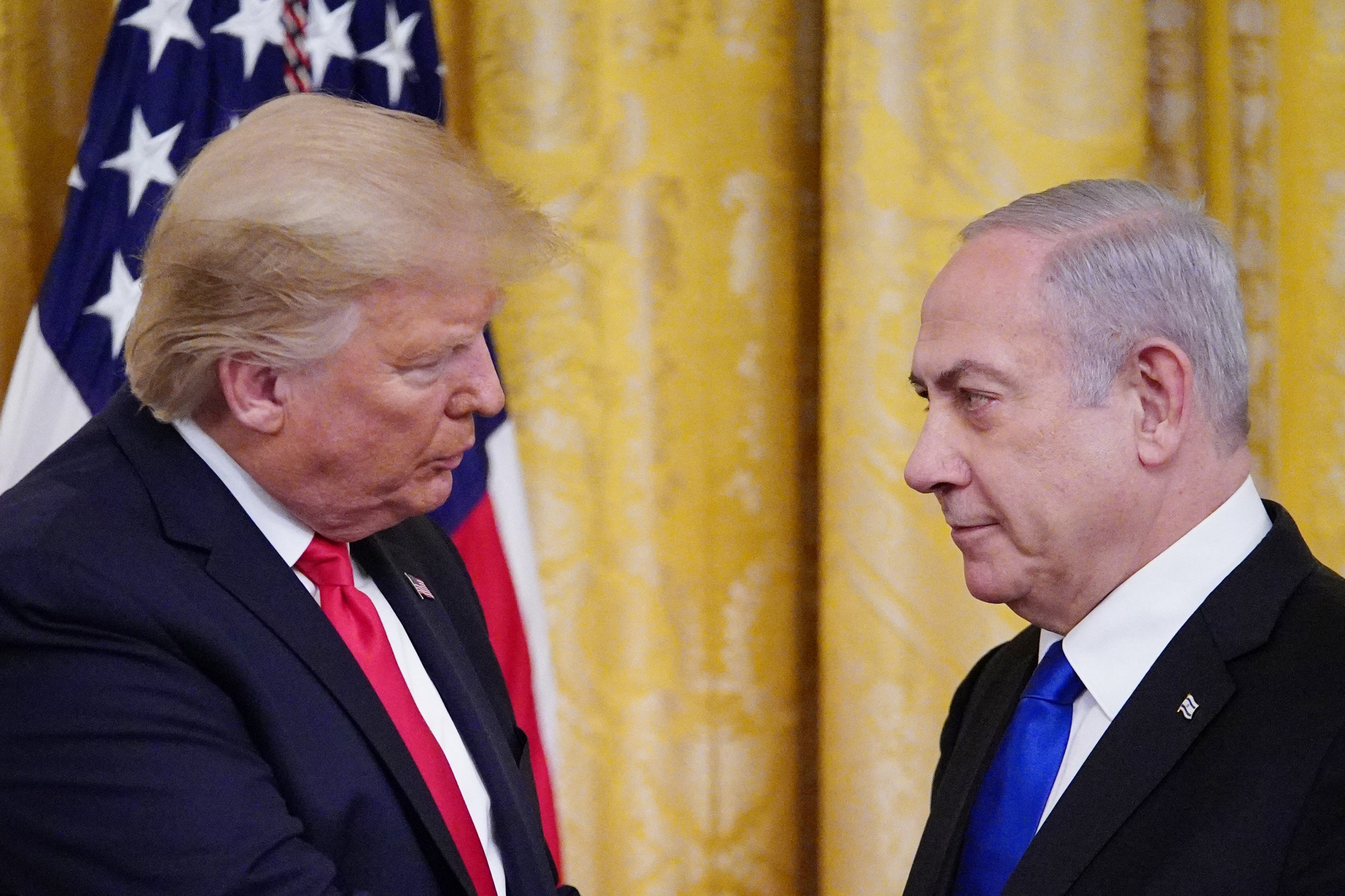Russia's three-day war to decapitate Ukraine has turned into a 1,000-plus day debacle that has cost Russia more than half a million soldiers. President-elect Donald Trump saving Russia from the Ukrainian swamp it is drowning in would be a mistake of historic proportions. Throwing Ukraine under the bus is appeasement disguised as peacemaking, and it signals weakness to all of America's adversaries—especially China.
History is little understood and quickly forgotten. Yet the lessons of statecraft have been written. All that should be done and avoided has been laid out before us. From the Punic Wars to World War II, peace through strength has always been preferable to peace through annihilation.
NATO exists to deter, defend against, and defeat Russia. We invested trillions of dollars over eight decades to prepare for that contingency. Ukraine is now fighting that war against Russia for its own survival and on NATO's behalf, at a fraction of the monetary cost to us and without a single one of our soldiers deployed in an offensive combat role.
A war against China in defense of Taiwan would be totally different from Russia's invasion of Ukraine. Ukraine shares borders with four NATO member states—Romania, Poland, Slovakia, and Hungary. Allied Turkey is the gatekeeper of the Black Sea. Even in the worst-case scenario, soldiers could be trained, and material could be supplied to Ukraine with relative ease for an indefinite period of time.

Taiwan is an archipelago of tropical islands in East Asia. Japan is its closest neighbor other than China. If the People's Liberation Army Navy blockades Taiwan, the difficulty of providing Taipei with humanitarian assistance, let alone with weapons or soldiers, would range from painfully problematic to practically impossible. The risks and costs would be enormous.
Logistics aside, the weapons and munitions sought by Ukraine and Taiwan are also different. Kyiv needs artillery barrels and shells, armored vehicles, minesweepers, and air defense systems. For the time being, Taipei must prioritize anti-ship missiles, sea mines, and naval drones. The claim that supporting Ukraine comes at the expense of Taiwan (or Israel) is baseless and unfounded. If anything, bolstering Ukraine today jump-starts the defense industrial base and improves military supply chains in the event of a Taiwan contingency tomorrow.
The conflict's outbreak might be different. Though Russia did not strike NATO before launching its illegal, unjustified, and unprovoked war of aggression against Ukraine, China is likely to attack American bases on the Japanese island of Okinawa preemptively, immediately dragging Japan, the world's fourth biggest economy, into the war. Such preemptive assaults might even extend to U.S. forces in Korea and the Philippines.
Taiwan's will to sacrifice for the war effort might also be different. Ukraine has consistently proved its detractors and naysayers wrong in the more than 1,000 days since the start of the war. Though Taipei maintains mandatory military service, it is uncertain whether Taiwanese society—diplomatically compromised and geographically isolated—would resist as bravely and as long as the Ukrainians.
The international community's diplomatic response would be different too. Ukraine is a member of the United Nations, maintains diplomatic relations with more than 180 countries, and is a candidate to join the European Union. Taiwan is barely recognized by a dozen states—and most are geopolitical lightweights. Even Washington, Taipei's greatest partner, officially adheres to the One China Policy—recognizing that Beijing is the legal government of China and acknowledging the Chinese position that Taiwan is an inalienable part of China.
The economic implications would be different too. China is the top trading partner for at least 120 countries, including many U.S. allies and Taiwan itself, and accounts for almost 20 percent of global GDP. Russia's economic weight is comparatively insignificant, smaller than that of Texas. To say that a war with China would cause unprecedented damage to the global economy is an understatement.
Perhaps the biggest difference of all, however, would be the role that NATO plays in a Taiwan contingency. While the Alliance stands with Ukraine against Russia, the Europeans are unlikely to support Taipei unanimously. Though Canada and the United Kingdom may join a U.S.-led alliance against China, it is uncertain whether allies like Germany and Turkey would tag along.
So, if President-elect Donald Trump believes that maintaining the Ramstein Coalition of 57 states to deal with Russia, the sick man of Europe, is too difficult or not worth the cost, good luck mobilizing allied, let alone neutral, countries—nearly all of which adhere to the One China Policy and have significant economic exposure to Beijing—for a military campaign against Zhongnanhai.
The best way to deter China from invading Taiwan is to make an example of Russia in Ukraine. First, by strengthening sanctions enforcement, including on China. Second, by closing loopholes for secondary transactions through countries like Kyrgyzstan. Third, by removing exemptions on oil and gas payments to Russia. Fourth, by transferring Moscow's frozen assets to Ukraine. Fifth, by increasing weapon transfers to Kyiv and reducing restrictions on their use.
Raising the cost of Russia's invasion of Ukraine until the Russian government is no longer able or willing to pay it signals to China that the price it will pay for conquering Taiwan is not worth the benefit it will gain. Doing the right thing today, in Ukraine, is a bargain compared to emboldening China and fighting a war against the People's Liberation Army over Taiwan tomorrow.
George Monastiriakos is a part-time professor of law at the University of Ottawa.
The views expressed in this article are the writer's own



















 English (US) ·
English (US) ·